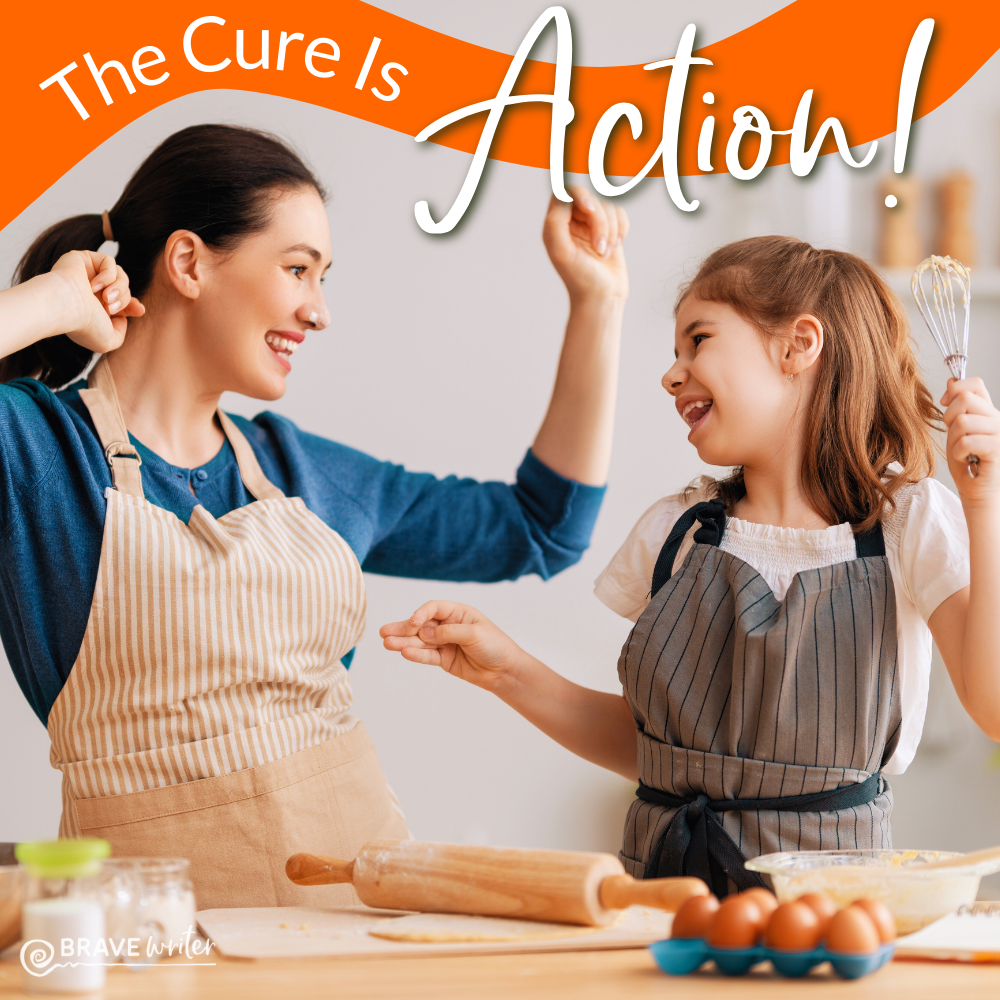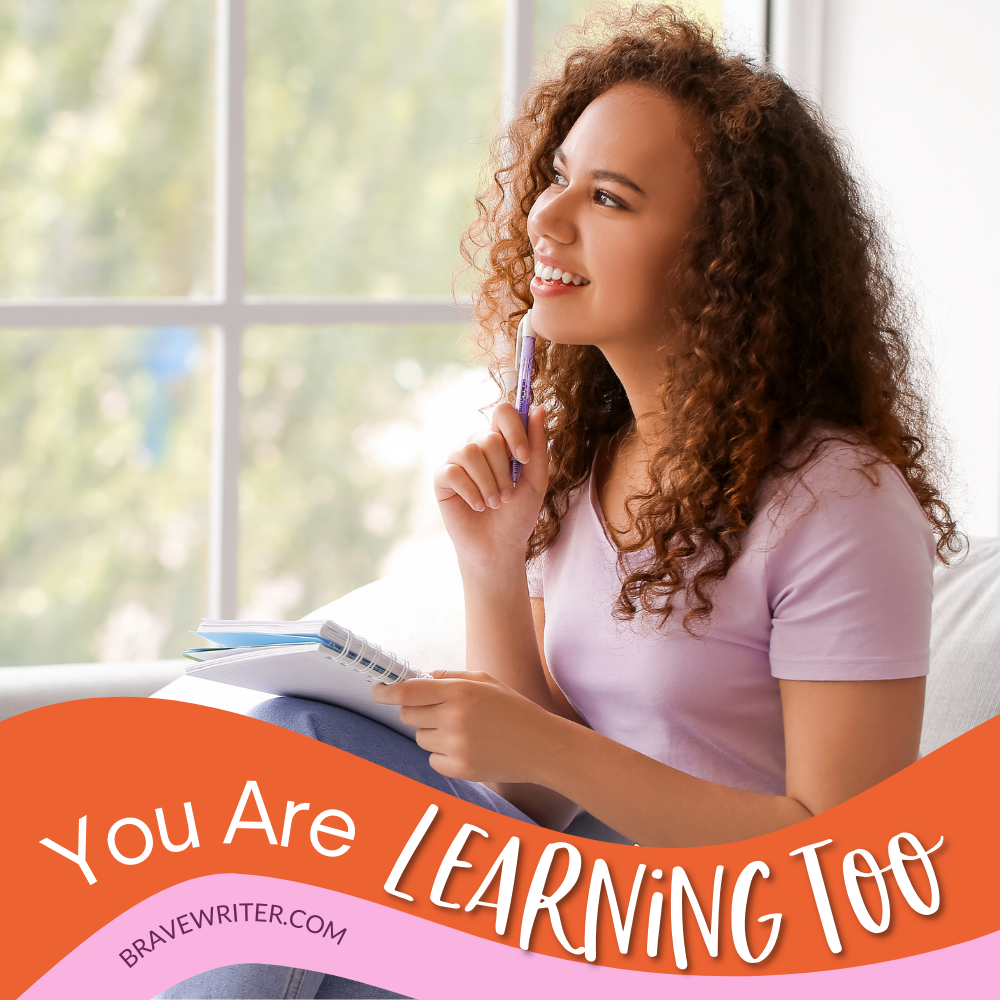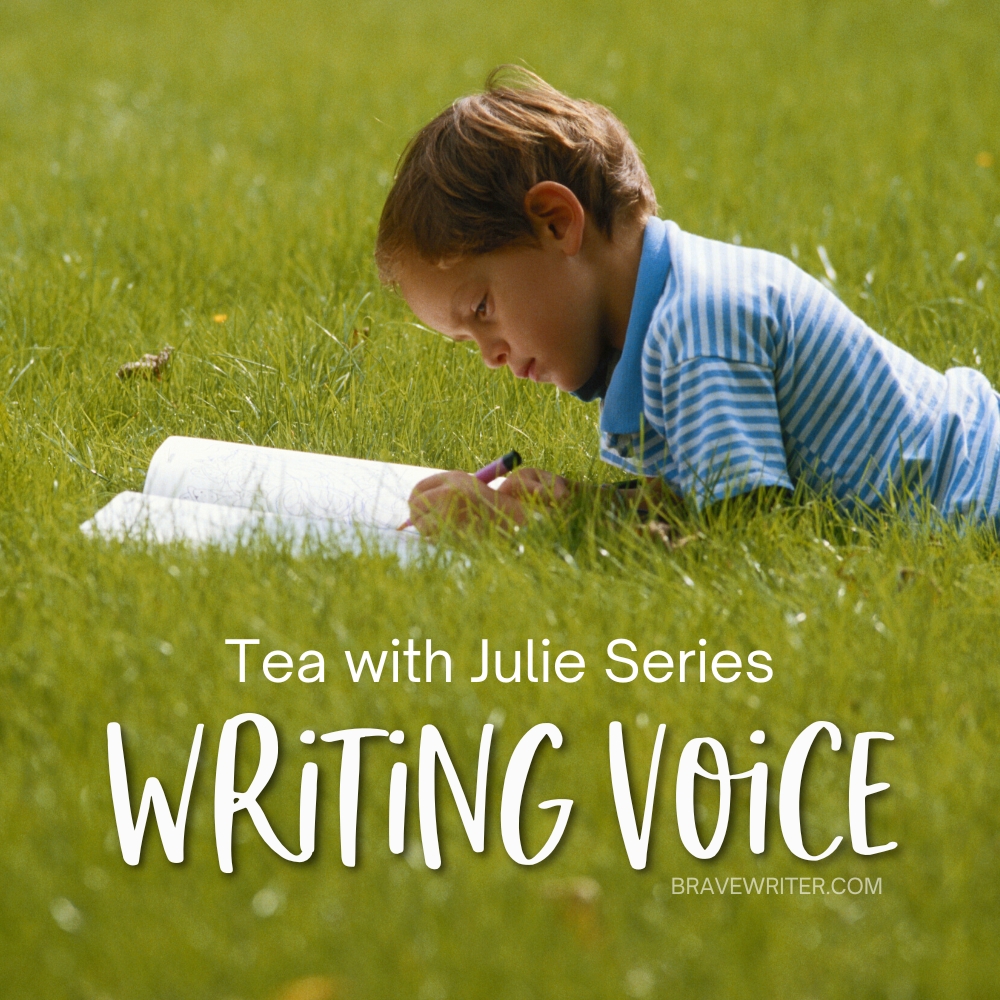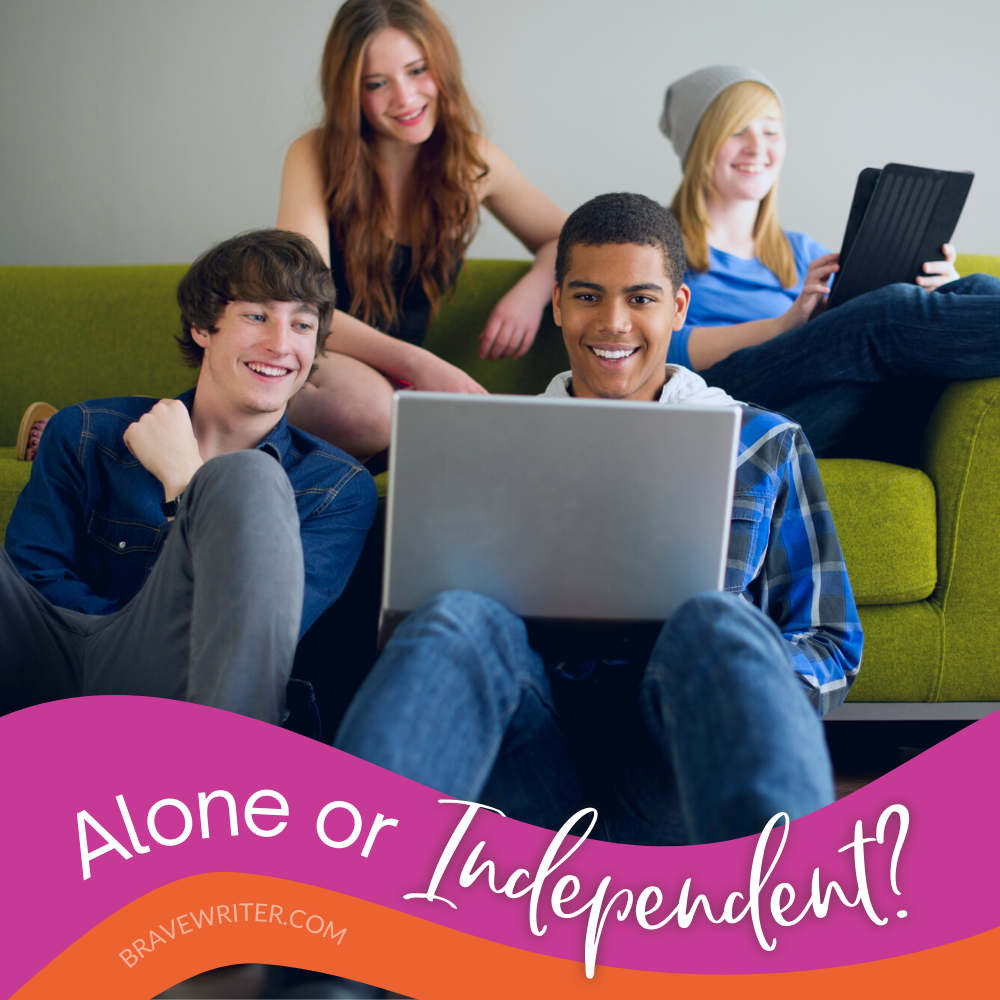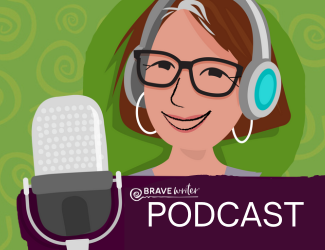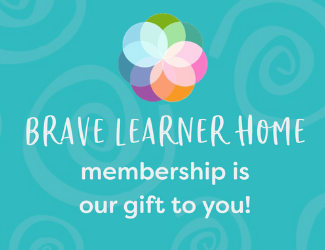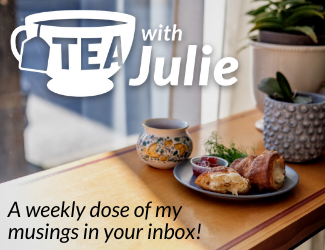
If you have a great day, the temptation is to believe that you should only ever have great days. What makes a day great, however, is the fact that it gets compared to the garden variety days and wins! One key to a better experience of your life is to not overvalue the great days or undervalue the garden variety ones.
It’s not possible to have all great days as a homeschooler. Each time we have a great day, though, it’s as if the bar gets raised and suddenly they all need to be great.
Great days exist in contrast to our garden variety, every day days. That’s what makes them great. You only need a handful a year!
Oh and I should tell you: there will be some really, really rotten days.
They pass too!
So the rule of thumb is: garden variety days punctuated by great days (hurray!) and occasionally ruined by rotten ones. Rinse and repeat. That’s homeschool… it’s also life.
This post is originally from Instagram and @juliebravewriter is my account
so come follow along for more conversations like this one!


